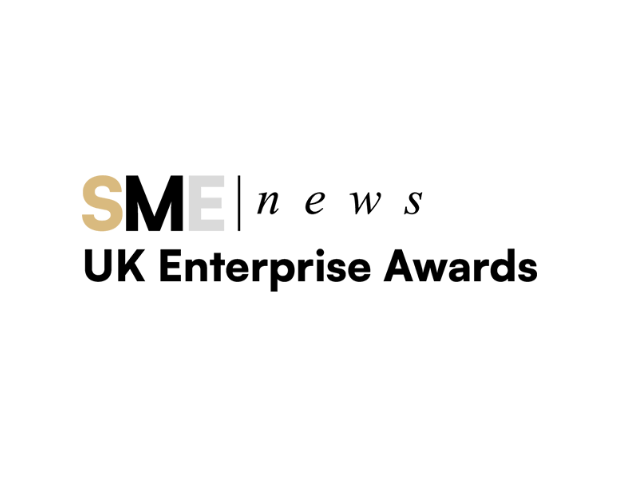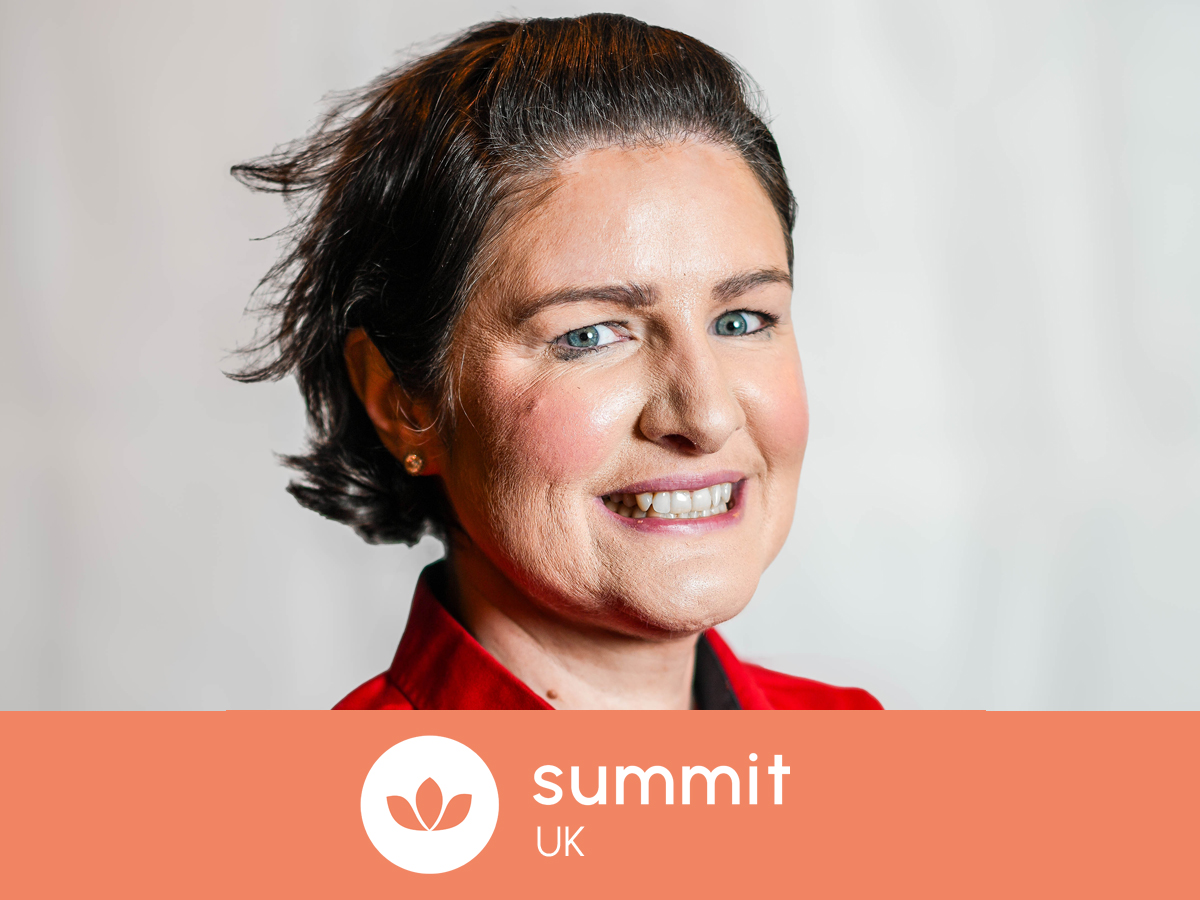Lana Hindmarch is Co-Founder at BREATHE in Cape Town and will be speaking on day two of the Wellbeing at Work South Africa Summit between 25-26 October and we wanted to get her thoughts before she takes to the virtual stage.
We are thrilled that you will be speaking at our Wellbeing at Work SA Summit in October. Our first and most important question is, how are you doing today?
Well, the sun in Cape Town is finally shining, so, I’m smiling! I’m definitely a summer person!
As a leader based in the region, what are the main challenges your you are facing when it comes to employee wellbeing?
My company, BREATHE, actually helps organizations elevate wellbeing. The main challenges I’m seeing are stress and burnout, lack of connection, people being ‘always-on,’ exhausted leaders that don’t know how to support their teams, and cultures that don’t support work-life balance.
What strategies have you seen developing in South Africa over the past 6-12 months post pandemic to address health and wellbeing in the workplace?
A few companies I work with have actually used the last two years as an opportunity to acknowledge the flaws the pandemic exposed in terms of wellbeing and they have taken that insight to help them set new standards around work-life balance. In fact, one company I’m working with realised it’s not another ‘wellness programme’ they need – it’s about changing culture and changing mindsets around what it takes to be sustainably high performing – and I’m helping them spearhead this change from the top.
Certainly post-pandemic, organizations are more willing to acknowledge the role leaders must play in driving the wellbeing agenda. This is a tricky one though – because many leaders’ tanks are empty and we all know how to difficult it is to care for others when we’re depleted.
On the whole, I’ve seen some apathy over the past 6 months when it comes employee wellbeing. In the ‘back-to-work’ movement, stress and burnout are high. People have low levels of motivation. I think this is because employees want autonomy. When their right to choose is taken away, their wellbeing suffers.
Why is employee wellbeing so important to you personally?
I’ve seen first-hand the role an organization plays in either enabling or preventing wellbeing in employees.
I think everyone deserves to be energised and healthy and thriving. Wellbeing is everybody’s right and privilege. Organizations should be creating the conditions for people to show up as their best and live their lives in ways that bring them closer to fulfilling their true potential.
What are you most looking forward to about the Summit in October?
This will be the first wellbeing-focused summit we’ve had in South Africa. Wow! We’ve always lagged a bit behind when it comes to employee wellbeing best practice. It’s time for SA to make its mark and maybe even light the way. I can’t wait to meet everyone and be part of the collective energy we’re all going to generate!
Tell us, what is your vision for the workplace of the future, in terms of employee engagement, health and wellbeing?
At BREATHE, we talk about building ‘a better way to work.’ This is our vision for the workplace of the future. It’s a future where wellbeing is not something that happens just outside of work. It’s about a work experience that elevates out wellbeing, rather than detracts from it.
It’s a workplace free from burnout, where leaders model wellbeing and people have high levels of energy; where people are rewarded for taking care of themselves, not just for how long they work and how much they produce; where people have permission to rest and to say no and to ask for help.
Ultimately my vision for the workplace of the future is to see people leave work more energised and more fulfilled and more valued than when they arrived.
What areas do you think employers should be focused on over the next 12-18 months?
Employers should be focused on where work might be getting in the way of wellbeing. And they need to get this input from their people. In other words, how does the system impact wellbeing? By looking at aspects like cultural norms that either prevent or enable people taking care of themselves, the relationships between leaders and their teams, the energy of leaders and which leaders need help, how to give people autonomy in going back to work, how to improve trust and connection – these are the aspects that should be focused on in the next 12 to 18 months. Once employers get this feedback from their employees’ perspective, they can start to solve for root cause issues, rather than addressing wellbeing as something on the side.
How has your organisation been leading the way?
I’m a big advocate of proactive wellbeing. I always say that just like the time to fix the roof is when the sun is shining, the time to look after employees is when they’re still ok. Too many organizations have a reactive approach to helping people – when they’re already struggling.
I’m also a big fan of small steps, taken consistently over time.
When I consult with leaders – it’s often overwhelming to think about the journey ahead that’s required in terms of changing culture – so, we talk about small steps over time, that start by having intentional conversations.
And then – I think the work I do is quite pioneering in terms of including employees in the co-creation process. I believe that employees will get involved with what they help to create. And also – there’s a WE in (We)llbeing for a reason. Part of the WE conversation should include the employee voice.
Also – I’m very firm about no ‘one-size-fits-all.’ Just like no two people are the same – and employee wellbeing strategies should acknowledge this – no two organizations are the same.
We also encourage ongoing and sometimes difficult conversations between managers and their teams to understand what’s getting in the way of wellbeing. This is how we start to move the mindset from a ‘Wellness Wednesdays’ approach to creating cultures of wellbeing where people thrive and businesses prosper.
Join us at the Wellbeing at Work South Africa Summit between 25-26 October 2022 live in Cape Town and virtually and hear from Lana and over 30 expert speakers from across the world. Further details here.



